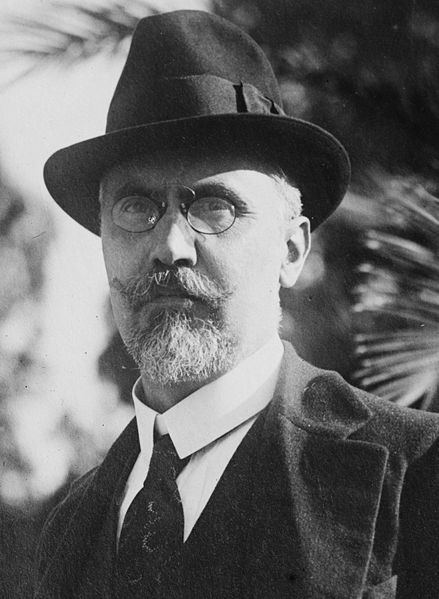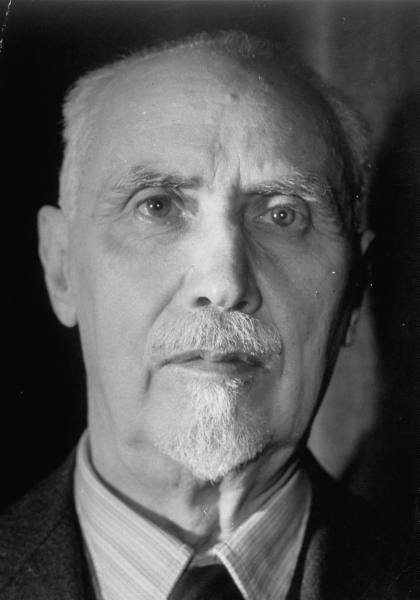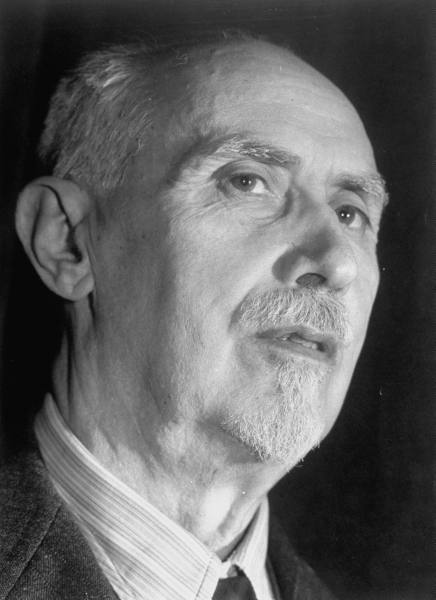<Back to Index>
- Explorer Salomon August Andrée, 1854
- Poet Giambattista Marino, 1569
- Prime Minister of Italy Ivanoe Bonomi, 1873
PAGE SPONSOR



Ivanoe Bonomi (18 October 1873 – 20 April 1951) was an Italian politician and statesman before and after World War II.
Bonomi was born in Mantua. He was elected to the Italian Chamber of Deputies in 1909, representing Mantua as a member of the Italian Socialist Party. He was among those expelled from the party in 1912, for his advocacy of reformism and moderation, as well as his support for the Italian invasion of Libya. Bonomi joined the Italian Reform Socialist Party, and supported Italy's participation in World War I on the side of the Triple Entente.
Bonomi served as Minister of Public Works from 1916 until 1917, and as Minister of War during 1920 - helping to negotiate a treaty with Yugoslavia (the Treaty of Rapallo). Later in 1920 he became Treasury Minister. In 1921, he became Prime Minister of Italy for the first time, in a coalition government. Early in 1922, his government collapsed, and he was replaced as Prime Minister by Luigi Facta, amidst the Fascist insurgency led by Benito Mussolini. In October 1922, Mussolini gained power through the March on Rome, and Bonomi withdrew from politics.
In 1940, Bonomi joined an anti-Fascist movement. By 1943, when Mussolini was deposed, Bonomi had become a leader of the group, and was appointed Prime Minister of the new Italian government, in 1944, when Rome was taken by the Allies. He led Italy as the country was being gained from the Fascist Italian Social Republic and the Nazi German occupiers, and helped the country's transition to democracy.
Bonomi came near to resignation in November 1944 over war strategy, but stayed on as Prime Minister at the urging of the British government of Winston Churchill. He remained Prime Minister until 1945, by which time World War II had ended, and stayed active in the Italian government after that moment, serving on the Constituent Assembly's committee on treaties, and also representing Italy in councils of foreign ministers until 1946. In 1948, he became President of the Italian Senate, and served in that position until his death.
After having been a founding member of the Labour Democratic Party in 1943, he later joined in 1947 the Italian Democratic Socialist Party, of which he was honorary chairman until his death. He died in Rome.